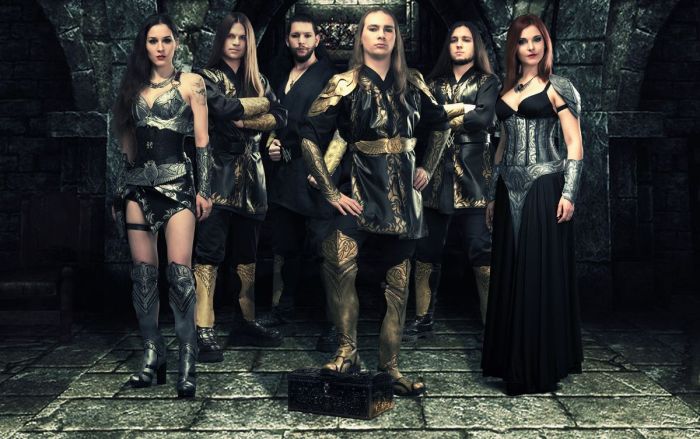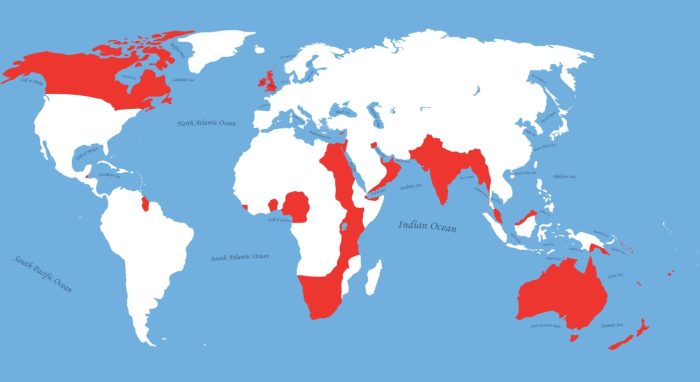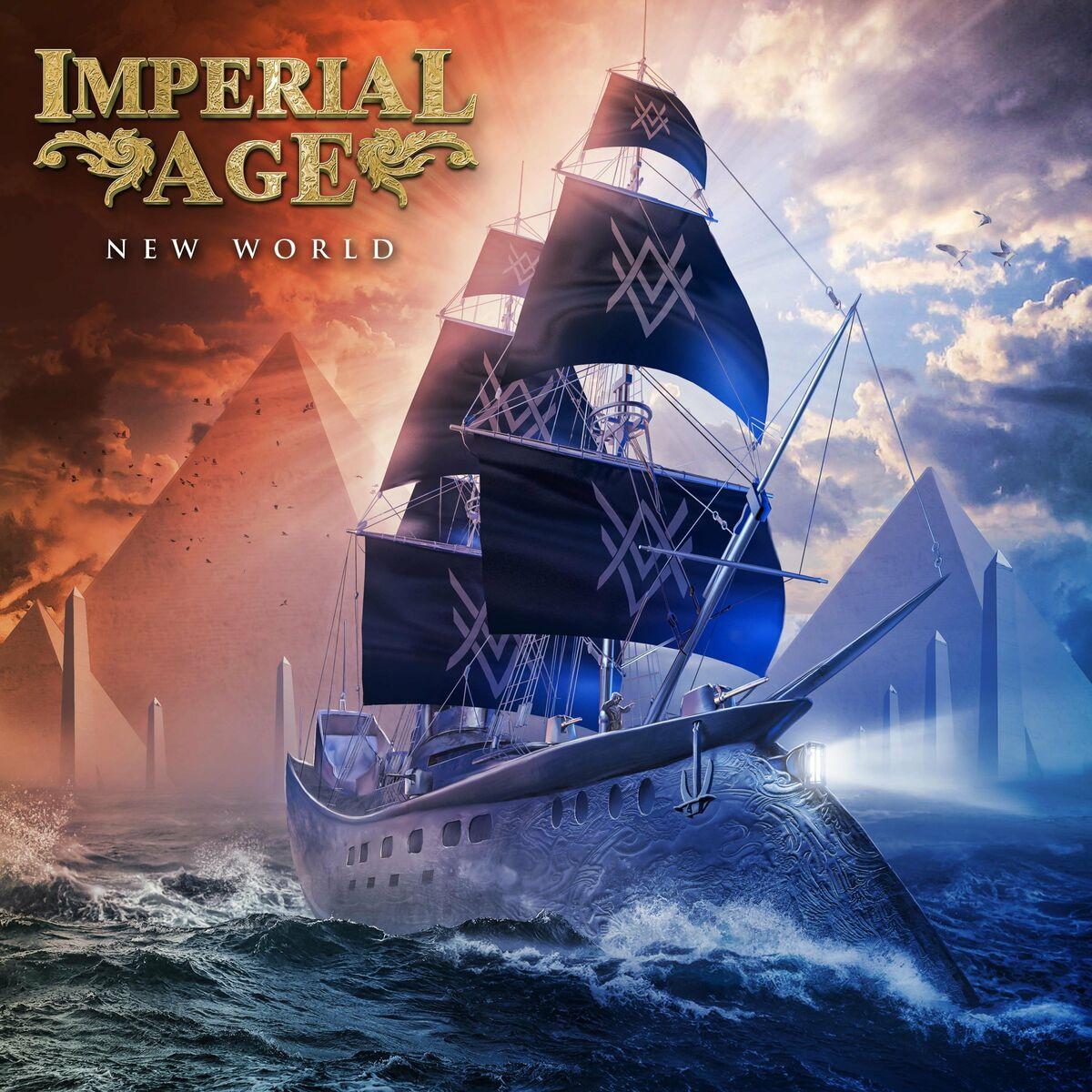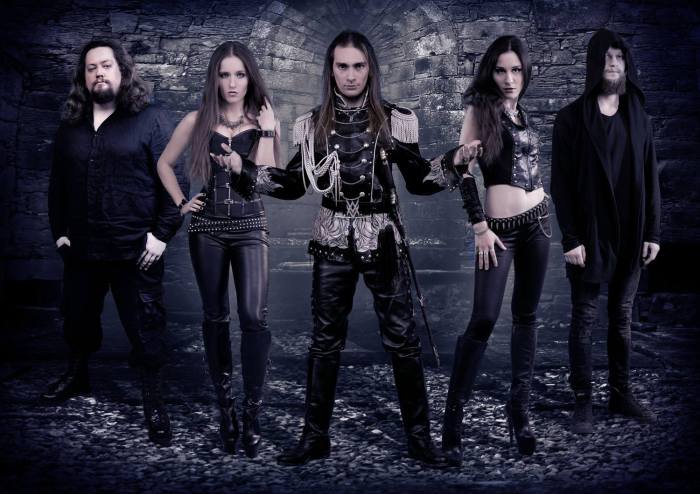Causation in the Imperial Age: Unveiling the Roots of Cause and Effect
The Imperial Age witnessed a transformative era in human history, where the understanding of causation underwent profound shifts. From the influence of Greek and Roman philosophy to the impact of religion, science, and imperialism, this era shaped our perception of cause and effect in ways that continue to resonate today.
Historical Context of Causation in the Imperial Age

The Imperial Age, spanning from the rise of the Roman Empire to the fall of the Western Roman Empire, witnessed significant advancements in the understanding of causation. During this period, Greek and Roman philosophers played a pivotal role in shaping the prevailing concepts of cause and effect.
Influence of Greek Philosophy
Greek philosophers, particularly Aristotle, laid the groundwork for the systematic study of causation. Aristotle proposed the concept of four causes: material, formal, efficient, and final. The material cause referred to the physical substance from which something was made, the formal cause to its shape or structure, the efficient cause to the agent or force that brought it into being, and the final cause to its purpose or goal.
This framework provided a comprehensive understanding of the various factors that could contribute to an event or phenomenon.
Influence of Roman Philosophy, Causation in the imperial age
Roman philosophers, such as Cicero and Seneca, further developed and applied the Greek concepts of causation to legal, political, and ethical contexts. They emphasized the importance of determining the responsible agent or cause in legal proceedings and the role of human agency in shaping events.
Additionally, Roman philosophers explored the relationship between causation and fate, debating the extent to which human actions could influence the course of events.
The Role of Religion in Shaping Causation Beliefs

Religion has played a significant role in shaping beliefs about causation throughout history. Religious beliefs and practices have influenced how people perceive the world and the connections between events.
In many cultures, religious rituals and ceremonies have been used to establish causal connections between actions and outcomes. For example, in ancient Egypt, priests performed elaborate rituals to ensure a successful harvest. These rituals were believed to influence the gods, who were seen as the ultimate cause of natural phenomena.
Causation in the imperial age was a complex and multifaceted phenomenon. To better understand this topic, it’s recommended to refer to reliable sources such as acls test answers version a . By examining historical accounts and scholarly interpretations, one can gain a deeper insight into the intricate web of factors that shaped the rise and fall of empires.
Prayer and Divine Intervention
Prayer has been a common practice in many religions as a way to communicate with the divine and influence events. People have often prayed for specific outcomes, such as healing, protection, or guidance. The belief that prayer can influence events has shaped perceptions of causation, as people have attributed positive or negative outcomes to divine intervention.
The Influence of Science and Technology on Causation

The Imperial Age witnessed significant advancements in science and technology that profoundly influenced the understanding of causation. The development of new tools and techniques, such as the telescope, microscope, and printing press, enabled scholars to observe and investigate the natural world with unprecedented precision.
This led to a more empirical approach to determining causality, as researchers could now gather and analyze data to support their hypotheses.
The Role of Observation and Experimentation
The rise of scientific experimentation during the Imperial Age was pivotal in establishing the concept of causality. Scientists began to conduct controlled experiments, isolating variables and observing their effects, which allowed them to draw more accurate conclusions about cause-and-effect relationships.
This approach was particularly influential in the fields of physics, chemistry, and biology, where researchers could manipulate variables and observe the resulting changes.
The Impact of New Technologies
Technological advancements also played a crucial role in shaping causation beliefs. The invention of the printing press, for example, facilitated the dissemination of scientific knowledge and ideas, allowing scholars to share their findings with a wider audience. This led to a greater exchange of ideas and collaboration among researchers, further推动ing the development of scientific theories and the understanding of causation.
The Impact of Imperialism on Causation Beliefs

The expansion of empires during the Imperial Age profoundly influenced the perception of causation. As empires grew and conquered new territories, they encountered diverse cultures with distinct beliefs about the causes of events. This cross-cultural interaction led to a re-examination and modification of existing causal beliefs.
Cross-Cultural Interactions and Causation
Imperial expansion facilitated the exchange of ideas and knowledge between different cultures. This exposure to foreign perspectives challenged traditional notions of causality and prompted a reevaluation of cause-and-effect relationships. For example, the introduction of Western scientific thought into non-Western societies led to the adoption of empirical methods and a focus on observable causes.
Conversely, Western explorers and missionaries encountered indigenous belief systems that emphasized the role of spirits, ancestors, and supernatural forces in shaping events.
The Influence of Imperial Structures
Imperial structures also played a significant role in shaping causation beliefs. The imposition of colonial rule often led to the suppression of indigenous knowledge systems and the imposition of Western causal frameworks. This resulted in a shift away from traditional beliefs towards a more Westernized understanding of causality.
However, in some cases, indigenous beliefs persisted and blended with Western concepts, leading to the development of hybrid causal explanations.
Causation in Legal and Political Systems

The concept of causation played a significant role in shaping legal and political systems during the Imperial Age. In legal contexts, the determination of guilt and responsibility often relied on establishing a causal connection between an individual’s actions and the resulting harm.
Application of Causation Principles
In legal proceedings, the concept of causation was used to determine whether an individual’s actions were the direct or indirect cause of an outcome. This required an analysis of the sequence of events and the role of intervening factors. The principle of “proximate cause” was often applied, which focused on the closest and most direct cause of an injury or harm.In
political contexts, the concept of causation was used to understand and justify power dynamics and decision-making. Leaders and governments often sought to establish causal relationships between their policies and desired outcomes, such as economic growth or military victories. This allowed them to claim credit for successes and shift blame for failures.
Artistic and Literary Representations of Causation: Causation In The Imperial Age

During the Imperial Age, artists, writers, and playwrights explored the concept of causation in their works. These representations reflected the prevailing beliefs and attitudes towards causation, shedding light on the ways in which people understood and interpreted the relationships between events.
Literature
In literature, authors often used cause-and-effect relationships to drive their plots and develop their characters. For instance, in the Greek tragedy Oedipus Rex, the protagonist’s actions are driven by a prophecy that he will kill his father and marry his mother.
The play explores the tragic consequences of Oedipus’s actions, as he unknowingly fulfills the prophecy and brings about his own downfall.
Art
In art, depictions of causation often focused on the relationship between human actions and their consequences. For example, in the painting The Fall of Icarusby Pieter Bruegel the Elder, the artist depicts the tragic consequences of Icarus’s disobedience. By flying too close to the sun, Icarus melts his wings and falls to his death.
The painting serves as a cautionary tale about the dangers of hubris and the importance of obeying the laws of nature.
Drama
In drama, playwrights used causation to create tension and suspense. For instance, in Shakespeare’s play Hamlet, the protagonist’s inaction leads to a series of tragic events. The play explores the complex relationship between choice and consequence, as Hamlet grapples with the decision of whether or not to avenge his father’s murder.
Question & Answer Hub
What were the key concepts of causation in the Imperial Age?
The Imperial Age saw a shift from a supernatural understanding of causation to a more empirical approach. Greek and Roman philosophers introduced ideas of efficient and formal causes, while religious beliefs influenced perceptions of divine intervention.
How did religion shape beliefs about causation?
Religious rituals and ceremonies were often used to establish causal connections, with deities or spirits seen as the ultimate causes of events. This belief system influenced both personal and societal perceptions of causation.
What was the impact of science and technology on causation?
Advancements in science and technology led to a more empirical approach to determining causality. The development of new tools and techniques allowed for more precise observations and experiments, challenging traditional beliefs and fostering a greater understanding of cause-and-effect relationships.